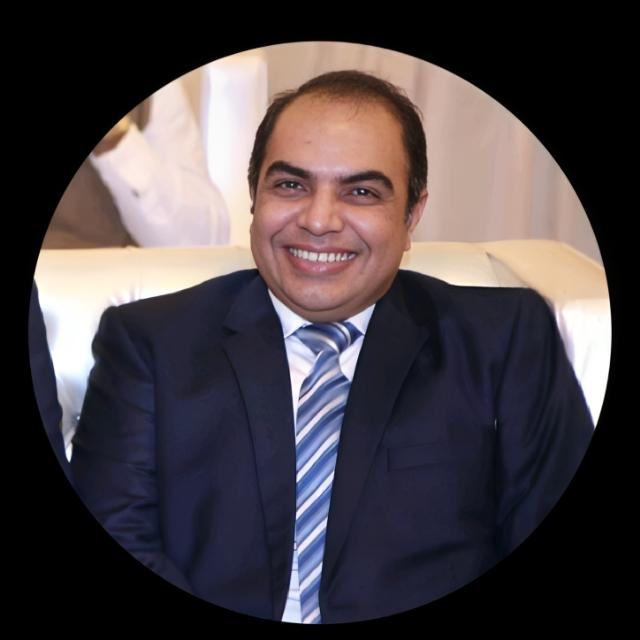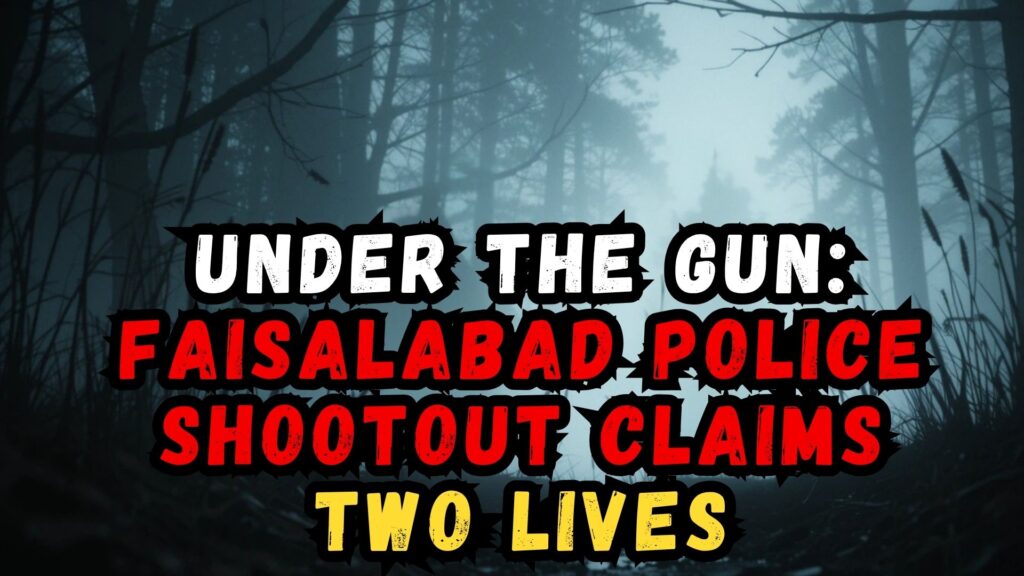Web Desk
A federal judge in New York is set to address key legal questions in the case of Mahmoud Khalil, a leader of Gaza solidarity protests at Columbia University, now facing deportation following his arrest by ICE agents.
Khalil, a legal permanent U.S. resident with a green card, hasn’t been charged with a crime. However, the Trump administration claims his protest actions reflect anti-Semitism and support for terrorism, warranting his deportation.
ICE agents detained Khalil, a pro-Palestinian activist, at his university-owned apartment in New York City on Saturday. Khalil recently completed his master’s degree at Columbia’s School of International and Public Affairs. He is currently held at the Jena/LaSalle Detention Facility in Jena, Louisiana — over 1,000 miles from his home, where his U.S. citizen wife, eight months pregnant, resides.
Khalil’s arrest marks an escalation in Trump’s push to increase deportations and remove protections from those who defy his administration’s policies.
Khalil’s lawyers have filed a habeas corpus petition challenging his detention. District Judge Jesse Furman has scheduled a hearing for Wednesday and ordered that Khalil cannot be deported until the court makes its decision.
This high-profile arrest follows Trump’s warning that international students protesting Israel and the Gaza war could face deportation.
Immigration law experts discussed Khalil’s case and the significance of his green card status.
What rights do green card holders have?
A green card grants many rights to lawful permanent residents in the U.S.
“You’re not a U.S. citizen, but you’re just one step below. You have the right to live, work, and travel in the U.S.,” says Kelli Stump, president of the American Immigration Lawyers Association.
Green card holders also have free speech rights. David Cole, a Georgetown Law professor, says, “The First Amendment doesn’t distinguish between citizens and non-citizens. If a citizen can’t be punished for their speech, a foreign national can’t be deported for theirs.”
However, green card status can be revoked for fraud or serious crimes. Anti-terrorism laws give the government broad power to block entry or remove non-citizens.
Jason Dzubow, an immigration lawyer, warns that non-citizens face risks when protesting. “Anti-terror laws are so broad that protests can be misinterpreted.”
He adds that the line between pro-Palestinian views and what the government sees as terrorism support is unclear. “It sends a chilling message,” Dzubow says.
According to Stump, only an immigration judge can officially revoke a green card. “The government must prove why someone is deportable, and that’s where the legal fight starts.”
What is the government’s stance?
The Trump administration claims Khalil’s protest activity shows support for Hamas, a U.S.-designated terrorist organization.
Homeland Security spokesperson Tricia McLaughlin says Khalil “led activities aligned with Hamas.”
Trump’s Jan. 20 executive order states that international students promoting anti-Semitism will face deportation. On Monday, Trump called Khalil “a Radical Foreign Pro-Hamas Student.”
Khalil’s lawyer, Amy Greer, told NPR that ICE agents initially cited his revoked student visa as grounds for arrest. When informed of Khalil’s green card status, they said it would be revoked.
Trump warned Khalil’s case is the first of many. “We will find, arrest, and deport these terrorist sympathizers — never to return,” he declared.
Why does it matter that this is a civil case, not a criminal one?
Immigration law is civil, not criminal, giving the government more power and non-citizens fewer protections, Dzubow explains.
Civil cases may seem less severe, but the consequences are often just as harsh. Unlike criminal cases, immigration detainees don’t have a right to a free lawyer — they must hire their own.
Khalil doesn’t need a criminal conviction to be deported, Dzubow notes. “It’s enough for the government to claim he supported terrorism.”
Why is Khalil being held in Louisiana?
The U.S. often moves detainees far from their homes, Dzubow says, making legal defense harder.
“The government isolates detainees from family, lawyers, and support networks,” he says. This makes gathering evidence and witnesses difficult.
Dzubow suggests this may be “forum shopping” — choosing court locations likely to favor deportation. Lawyers often check immigration court data to see how often judges deny asylum or rule against immigrants.




